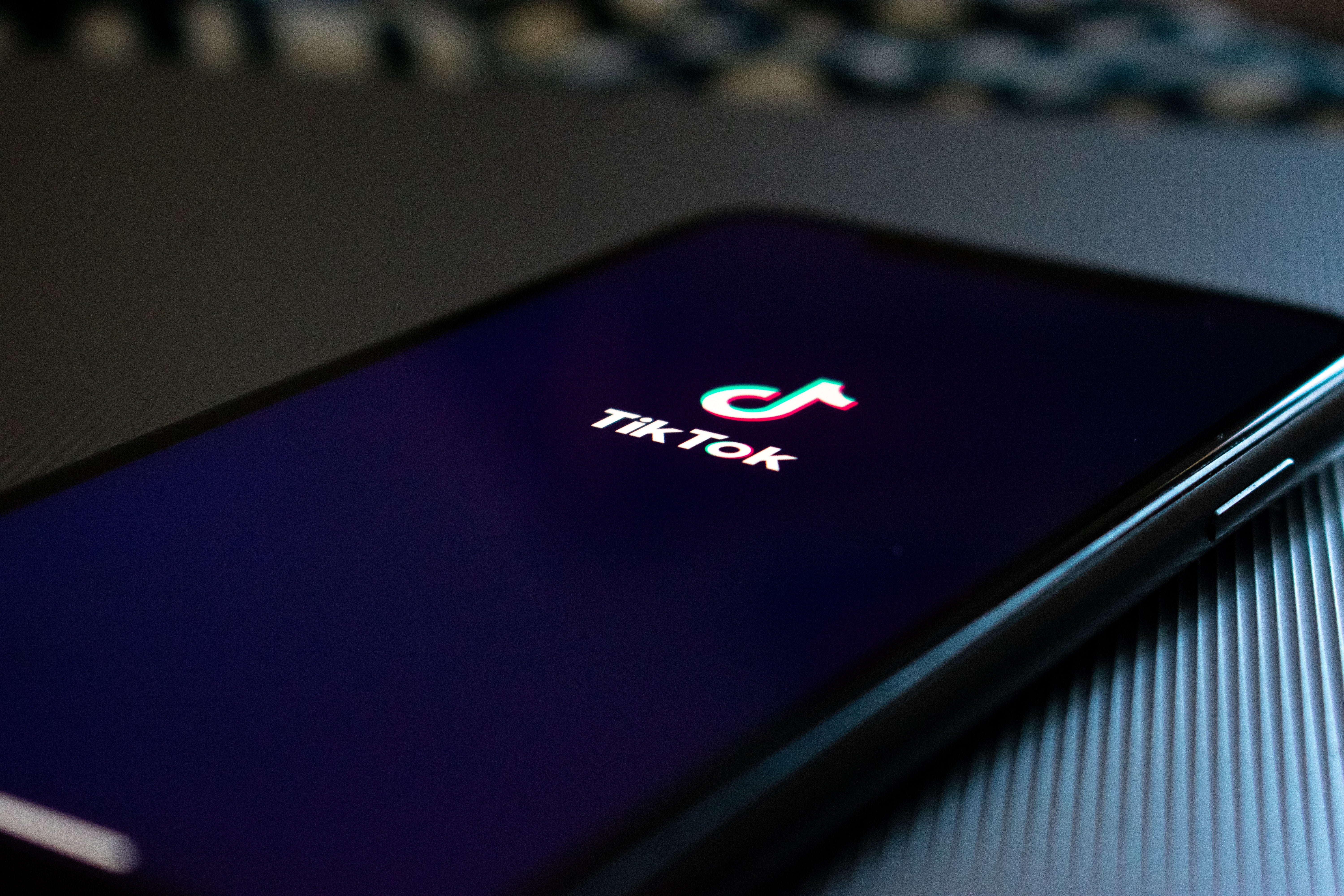TikTok takes down QAnon accounts as disinformation threatens US election
TikTok had previously banned QAnon terms in its search function

Your support helps us to tell the story
From reproductive rights to climate change to Big Tech, The Independent is on the ground when the story is developing. Whether it's investigating the financials of Elon Musk's pro-Trump PAC or producing our latest documentary, 'The A Word', which shines a light on the American women fighting for reproductive rights, we know how important it is to parse out the facts from the messaging.
At such a critical moment in US history, we need reporters on the ground. Your donation allows us to keep sending journalists to speak to both sides of the story.
The Independent is trusted by Americans across the entire political spectrum. And unlike many other quality news outlets, we choose not to lock Americans out of our reporting and analysis with paywalls. We believe quality journalism should be available to everyone, paid for by those who can afford it.
Your support makes all the difference.TikTok has said that it will start banning accounts that promote Qanon conspiracy theories under its disinformation policies.
"Content and accounts that promote QAnon violate our disinformation policy and we remove them from our platform," a TikTok spokesperson said in a statement to NPR.
"We've also taken significant steps to make this content harder to find across search and hashtags by redirecting associated terms to our Community Guidelines."
The short-form video company had taken action against QAnon supporters on its platform previously; in July, it said that it was blocking a number of conspiracy theory hashtags from appearing in search results.
"QAnon" and related hashtags, including "Out of Shadows", ''Fall Cabal" and "QAnonTruth", would not lead users to other videos, but videos that did use the hashtags would remain on the platform, TikTok previously told the BBC.
The QAnon conspiracy theory states without any evidence that an anonymous White House insider is leaking secret codes relating to Donald Trump’s fight against a secret organisation of child traffickers inside the US government.
Its ideas borrow from other conspiracy theories, such as Pizzagate, the Freemasons, and the Illuminati.
TikTok is not the only company that has had to take action against the conspiracy theorists; Facebook, Twitter, and even Peloton have had to remove QAnon hashtags, groups, and accounts to stop believers of the conspiracy theory from connecting.
Facebook banned QAnon accounts from all its platforms, while Twitter also removed numerous accounts.
However other platforms, such as online auction site eBay, continue to platform and promote QAnon products.
TikTok is a particularly dangerous platform for conspiracy theories because its main demographic is younger than that of Facebook or Twitter, with one third of its daily users in the US being 14 or younger, and as such can find it more difficult to separate truth from fiction.
The relationship between TikTok, QAnon, and the US government is growing tumultuous; despite the group being called a domestic threat by the FBI, president Trump refused to condemn the fringe conspiracy group QAnon and claimed they are “very strongly against paedophilia.”
QAnon supporters have also raised large amounts of money for president Trump.



Join our commenting forum
Join thought-provoking conversations, follow other Independent readers and see their replies
Comments